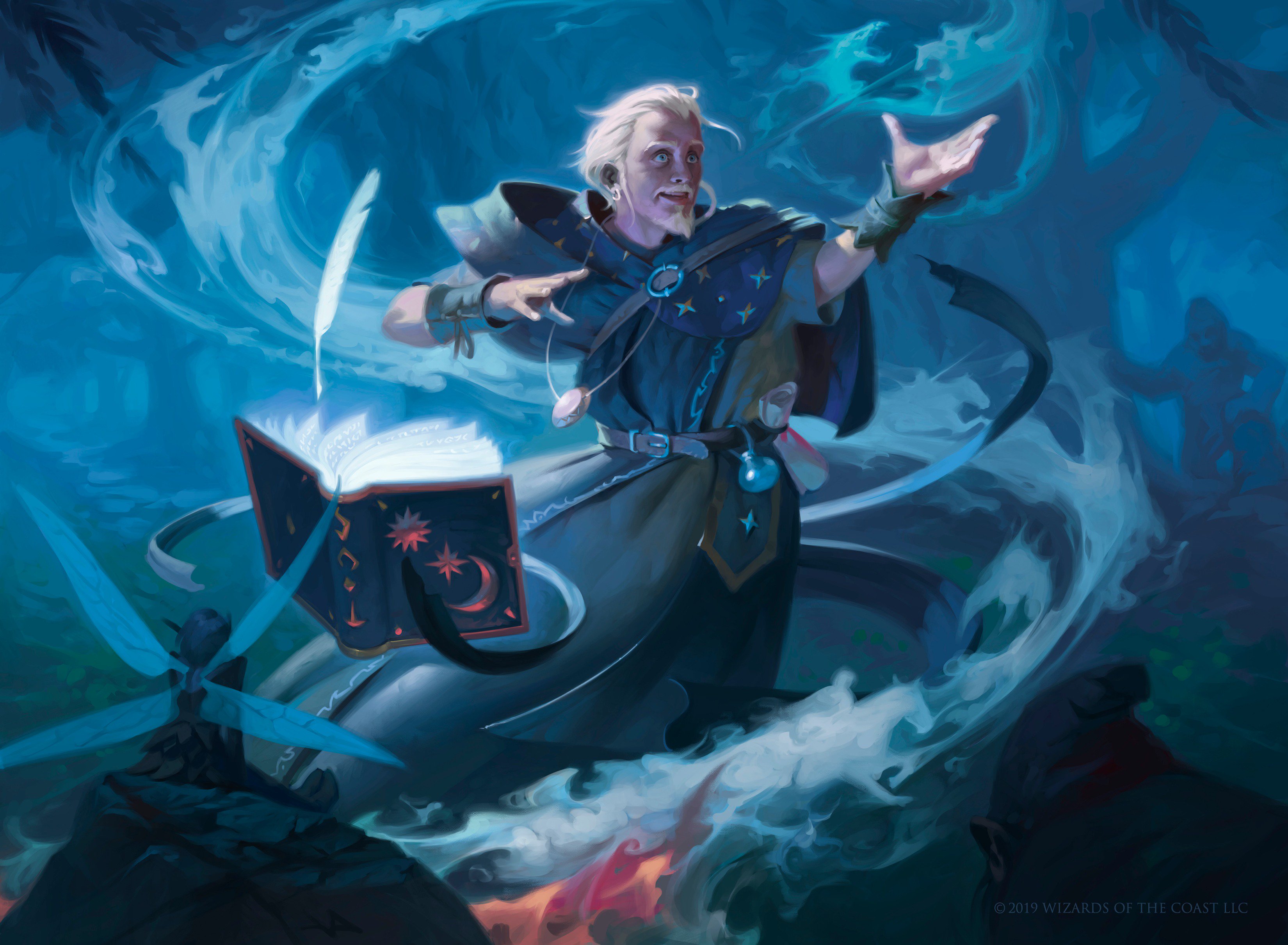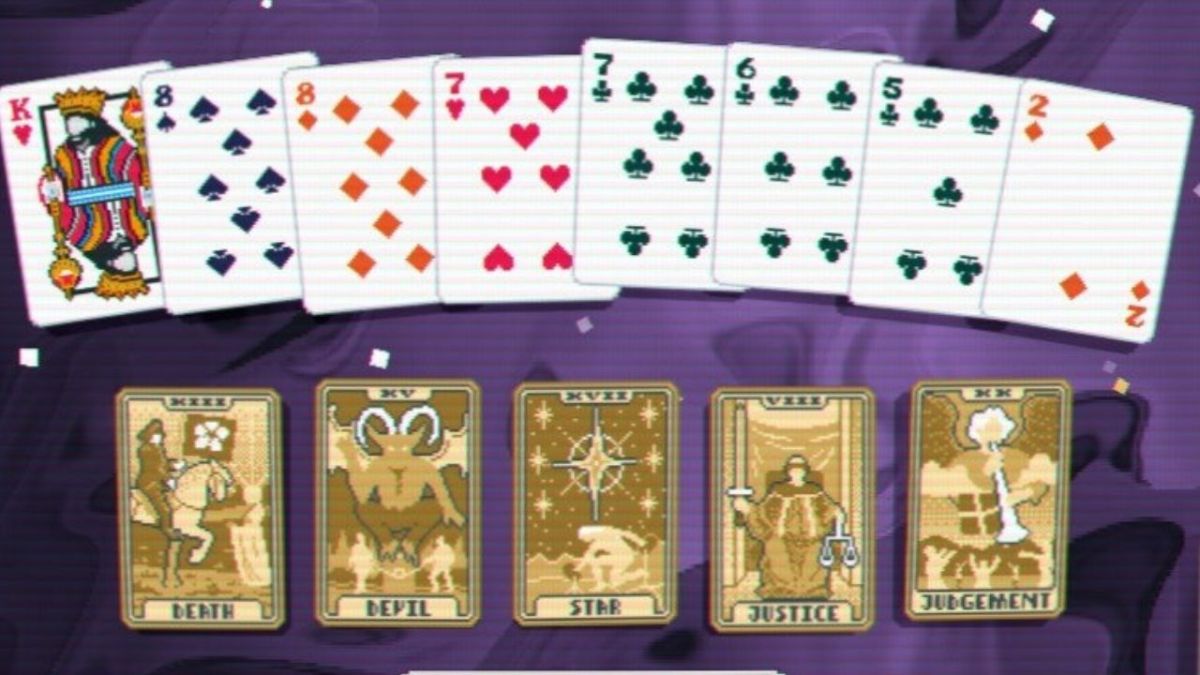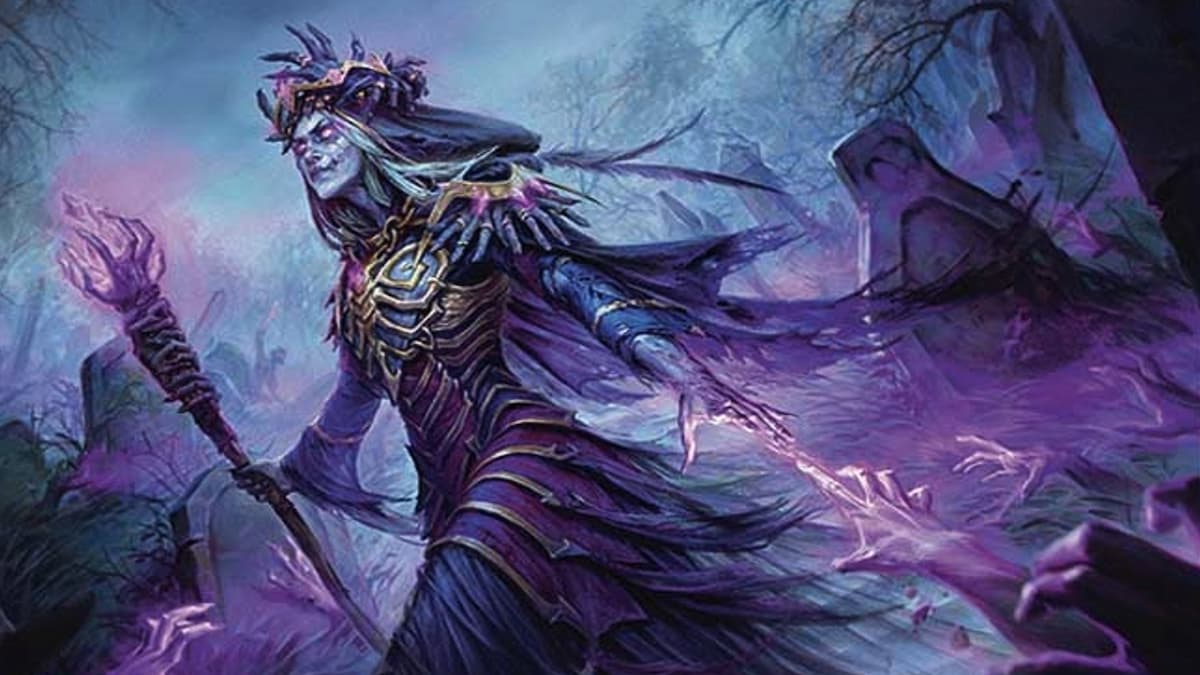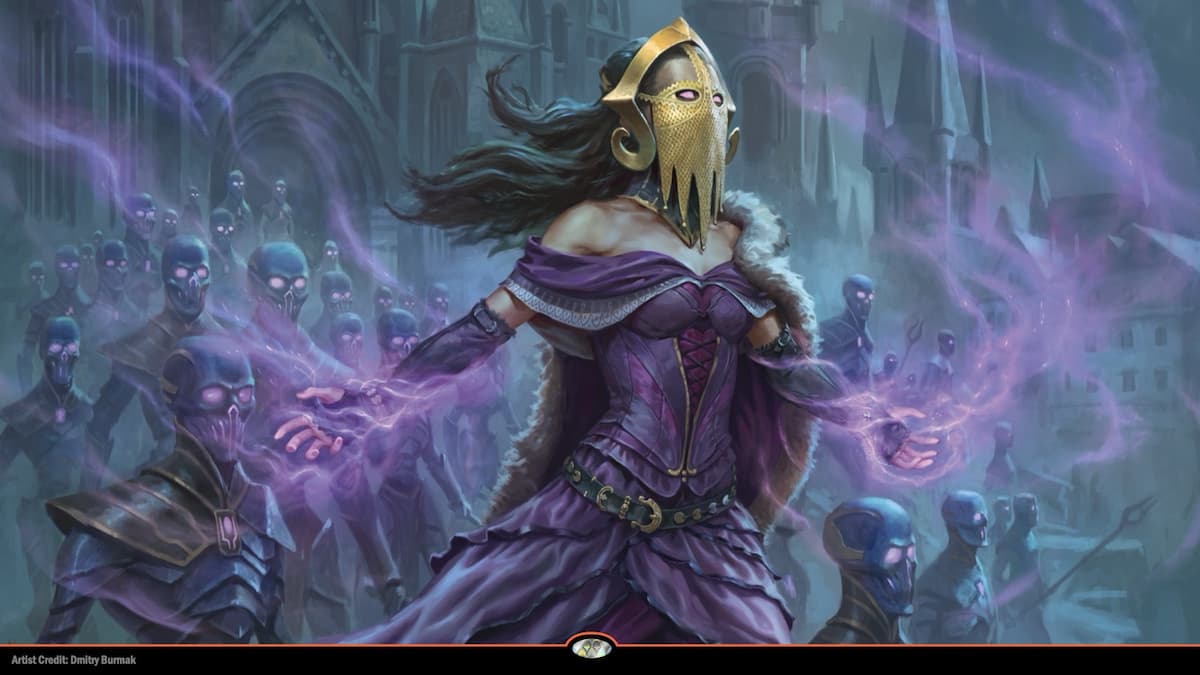The struggle over the price of Magic: The Gathering trading cards is continuing in a downward spiral following the release of the Throne of Eldraine (ELD) Brawl decks, threatening the survival of local game stores.
Wizards of the Coast (WotC) and Hasbro have once again put local game stores in a bad position by underestimating the demand for MTG trading card preconstructed Brawl decks. WotC removed the MSRP on all Magic products earlier this year, which was a move that was supposed to benefit customers and retailers alike.
But the result has been nothing short of controversial. Distributors still suggest an MSRP to major retail outlets, such as GameStop, Target, and Walmart—and the local game stores. On the surface, this shouldn’t cause problems. But when there’s a shortage of product, as is the case with the ELD Brawl decks, the local game stores wind up on the losing end.
Local shops have supported the game of Magic for over two decades and they make money by selling MTG products. To attract paying customers, a local game store runs various Magic casual and competitive tournaments on a weekly basis. These events, however, bring in little to no profit for the stores. They’re more of a marketing tool that supports the MTG community and promotes gameplay.
In the case of the ELD Brawl decks, local game stores and major retailers were all shorted on their orders. When this happens, online sites and local shops are forced to raise prices to reap profits needed for survival. Major retailers, however, can take the hit since the sale of a handful of decks won’t make or break them.
With the ELD Brawl decks releasing today (Oct. 4), the price differential is extreme between local game stores and major retailers. A Reddit user said they were able to purchase the preconstructed decks for $21 at a GameStop in southern Kentucky. The price at a local game store or an online seller, like CardKingdom, however, is running anywhere from $30 to $55.
These prices are driving consumers to support major retailers over local game stores, but the lack of product has forced stores to cancel pre-order sales from paying customers and limit purchase amounts (one deck per customer).
All the blame shouldn’t fall on WotC, though. The core problem is Hasbro. After the shutdown of Toys “R” Us stores nationwide, Hasbro lost a major retail outlet. When determining the quantity of a print, such as the ELD Brawl decks, sales projections are based on what major retailers will order. And despite the hype generated by WotC, stores like Walmart and GameStop will never carry large amounts of “non-primary” MTG products.
The result of a lower print quantity benefits Hasbro, generating a demand for the ELD Brawl decks while selling out its initial print run. But a local game store will have to limit its sales while raising prices, losing customers in the process to the major retail stores who don’t depend on MTG sales in the same manner.
With an increase in digital sales and a reduction of MTG card prints, most local game stores are being forced to reduce their support of Magic to focus on other games for survival purposes.
Related: MTG Throne of Eldraine: What’s included and where to buy it
There’s no easy fix to this hot mess, but there’s one thing every MTG player can do: Support a local game store in any way possible, whether it’s through Magic products or with the purchase of other tabletop and comic book products.







Published: Oct 4, 2019 01:37 pm